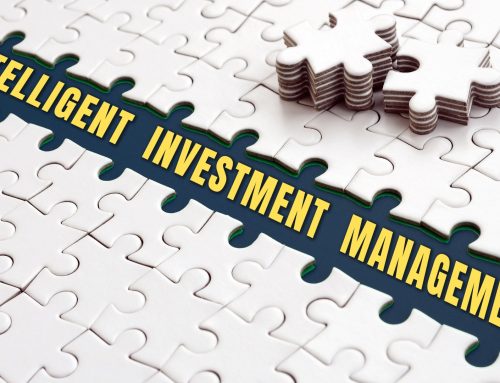
When Emotions Hijack Your Investment Returns
There’s a paradox at the heart of investing that costs people millions: their investments often perform far better than they do. An investment strategy might beat the market by 3% annually, yet the average investor in that strategy loses money. The culprit? Emotions.
Fear is a powerful force. It whispers in our ears during market volatility, urging us to abandon our strategy at precisely the wrong moment. It convinces us that this time is different—that the rules we established in calmer moments no longer apply. It transforms a rational investment process into an emotional roller coaster where we buy high (when everyone else is excited) and sell low (when panic sets in).
The difference between what an investment earns and what an investor earns from that same investment can be staggering. This “behavior gap” exists because emotions drive us to make changes at the worst possible times. We abandon investments after periods of underperformance, just before they recover. We chase what’s hot, just before it cools. We forget our original goals and time horizons the moment our portfolios turn red.
The antidote isn’t to eliminate emotions—that’s impossible. The antidote is a plan: a written document that reminds you of what you’re trying to accomplish, what performance you actually need, and over what time frame you need it. When emotions scream, “Do something!” a good plan whispers, “Remember why you’re here.” The following four questions form the foundation of that plan.
- What’s your number? When you refer back to your written plan (whatever kind of plan you have, be it financial, estate, retirement, or investment) and the Statement of Investment Policy, what is the performance or return on investment that is required to reach your goals, objectives, and dreams?
- What’s your time frame? How soon do you need that performance, how often, and for how long? Do you need the returns from question #1 each and every day, week, month, quarter, and year, or do you need those returns on any rolling 5-, 10-, or 15-year period?
- What have you learned?
- What do you believe?
- Are markets efficient? Then rebalancing your portfolio every three months helps prevent buying high and selling low.
- Do prices matter? Then having an idea of what a company is worth, buying it for less and selling it for more can help prevent buying high and selling low.
Your Plan vs. Your Panic: Which Will Win?
These four questions aren’t just intellectual exercises—they’re the armor that protects you from your own worst instincts. When panic or euphoria strikes (and both will), these questions bring you back to what matters: your specific goals, your actual time frame, and the evidence from full market cycles, not just recent headlines. Having a written and consistent plan AND having a written and consistent investment discipline gives you a foundation to build on.
The investment industry has conditioned us to check performance constantly, to worry about quarterly returns, to believe that last year’s winners will be next year’s champions. But this conditioning serves the industry far more than it serves you. It keeps you active, trading, moving money around, generating fees and taxes while undermining your long-term returns.
Here’s the uncomfortable truth: doing nothing is often the hardest and most profitable investment decision you’ll ever make. Staying the course when everything in you wants to flee requires more discipline than any other aspect of investing. It requires trusting your plan more than your emotions, trusting your time frame more than last quarter’s returns, and trusting the evidence from complete market cycles more than the anxiety of the moment.
Your plan exists for one reason: to save you from yourself at precisely the moment when your emotions are most convincing. The investor who can answer these four questions, write down the answers, and refer back to them when the market tests their resolve will almost always outperform the investor who cannot—regardless of which investments they choose.
In the end, the question isn’t whether your investments will face periods of underperformance. They will. The question is whether you’ll have the plan, the perspective, and the discipline to hold steady when they do. Because that discipline, more than any stock pick or market timing strategy, is what separates successful investors from the rest.
The market doesn’t care about your emotions. But your returns certainly do. Build your plan now, while your emotions are calm. Because when the storm comes—and it always does—that plan may be the only thing standing between you and a costly mistake.
The opinions expressed are those of Muhlenkamp and Company and are not intended to forecast future events, guarantee future results, or offer investment advice.
Investing involves risk. Principal loss is possible.








